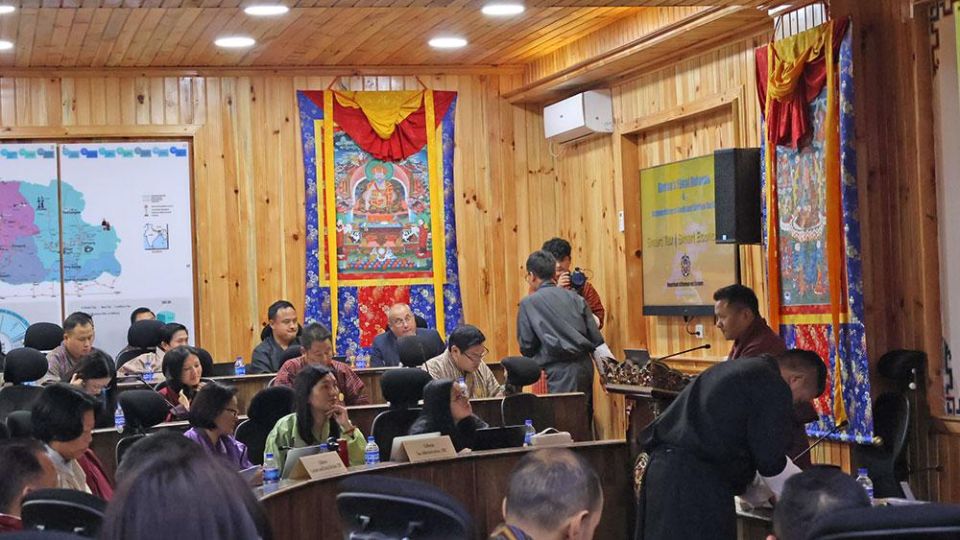October 28, 2025
THIMPHU – Taxpayers will enjoy a range of new benefits under the revised Income Tax Act 2025, as the Department of Revenue and Customs (DRC) has announced new relief measures designed to ease financial burdens and promote family welfare, home ownership, and the inclusion of persons with disabilities.
According to the DRC, the revised Act introduces four new relief categories such as parenthood child tax credit, home ownership relief, disability relief, and other relief like deductions for health contributions, medical insurance, and donations.
A major addition is the parenthood child tax credit, a measure to support parents and encourage population growth.
“The parenthood child tax credit is a benefit for resident parents or legal guardians to reduce their income tax liability based on the number of children they support,” an official from the DRC said.
Under this provision, parents can claim a tax credit of Nu 1,000 for the first child, Nu 1,250 for the second, Nu 5,000 for the third, and Nu 10,000 for the fourth and each subsequent child. The DRC clarified that this applies to biological or legally adopted children under 18.
“For every new child, you will get extra credit,” said Tashi Wangmo from the DRC’s Income Tax Division. “The relief aims to support parents by offsetting child-rearing costs and encouraging population growth.”
However, taxpayers cannot claim both the education expense deduction and the parenthood child tax credit for the same child. The credit can only be used to offset the current year’s tax liability and is non-refundable.
Another new measure is home ownership relief, introduced to promote home ownership. “Basically, the government wants to encourage individuals to buy their own homes,” Tashi Wangmo said.
This relief allows a resident Bhutanese citizen to deduct interest expenses on a housing loan used to acquire, construct, or renovate their first primary residence. The deduction is capped at Nu 200,000.
“Whether you have purchased a new house, constructed one, inherited, or renovated a property, you will be eligible for an interest deduction of up to Nu 200,000,” Tashi explained.
The revised Act also introduces a disability relief of Nu 40,000 for individuals with a disability, or for those with a spouse, parent, or child certified as disabled by the health ministry. If a child with a disability is in school, parents can claim both the education expense and the disability relief.
The DRC has also enhanced other reliefs. The allowable deduction for education expenses has increased from Nu 20,000 to Nu 50,000 per child without documentary evidence. With proof, individuals can claim the actual expense incurred, up to Nu 350,000 per child.
For insurance premiums, taxpayers can now deduct up to Nu 50,000 annually for qualifying life insurance policies. Health contributions to recognised agencies and approved donations are also deductible under the new law.
To promote philanthropy, the Act allows deductions for donations made to approved organisations. “Only qualifying donations approved by the Ministry are allowed as deductions for tax purposes,” the DRC clarified.
“The new provisions ensure that individuals contributing to health insurance, education, or social welfare can also receive tax deductions, making the system more inclusive and equitable,” the DRC said.
These reforms are part of a broader effort to modernise Bhutan’s tax system and make it more responsive to citizens’ social and financial realities.
The Income Tax Act of 2025 is expected to take effect in the next income year, introducing a more compassionate and incentive-based approach to personal taxation, one that rewards effort, supports families, and encourages responsible citizenship.


